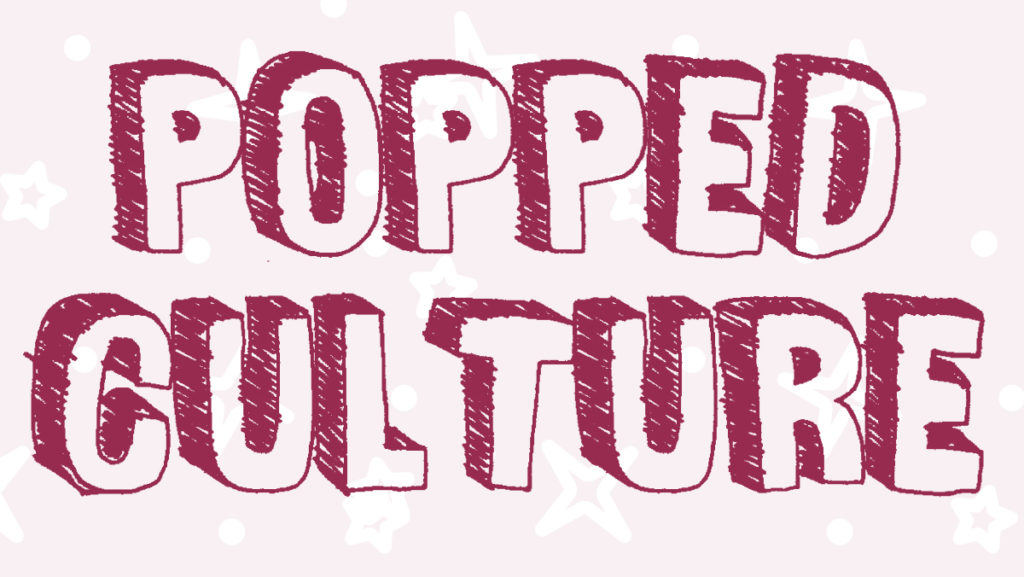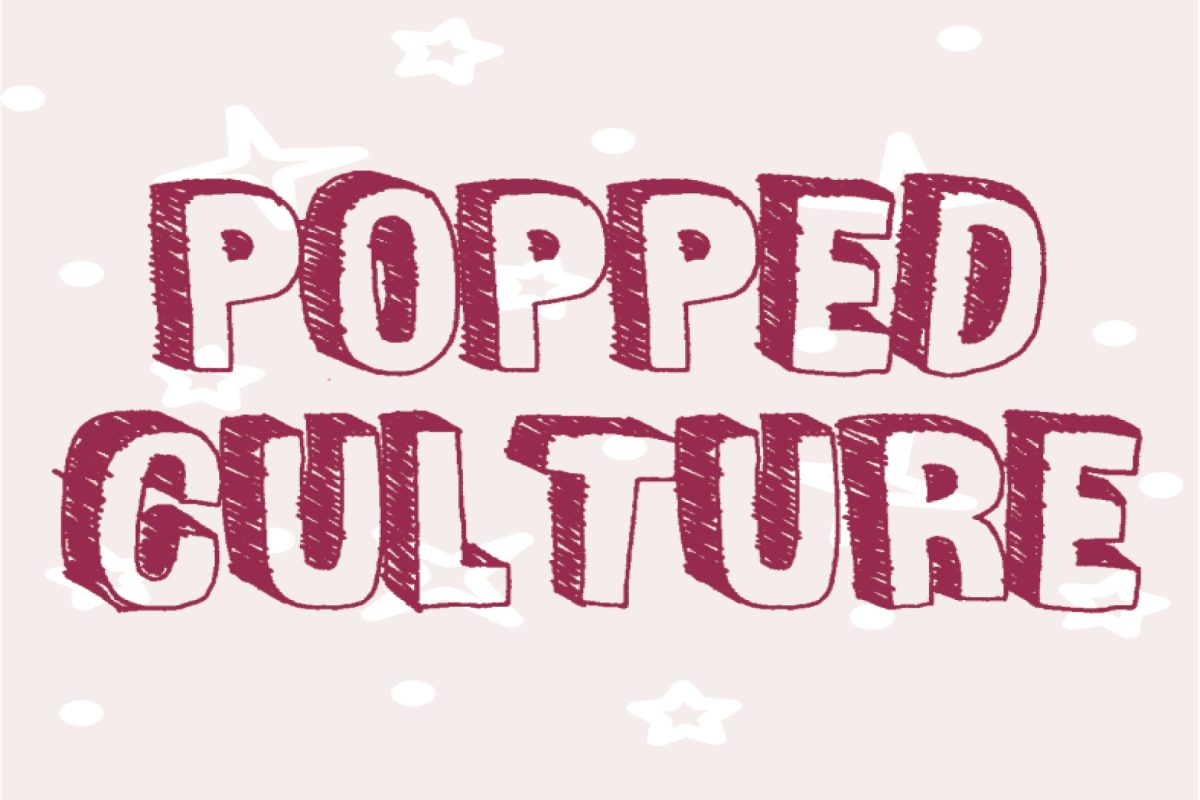If you interact with the internet in any way, you’ve probably stumbled upon the terms cringe, cringy, cringe culture, or something similar. Since 2004, Google searches for the term have been steadily increasing. In 2021, worldwide Google searches for the term “cringe” were at an all time high. In fact, there is an entire subreddit dedicated to it titled r/cringe. The page boasts over 1.3 million members and features the tagline, “When it just hurts to watch.”
According to the Oxford English Dictionary, cringe literally means, “To contract the muscles of the body, usually involuntarily; to shrink into a bent or crooked position; to cower. Also (of a part of the body): to flinch; to contract.” Over the years, this word has taken on a whole new meaning in modern internet culture. According to Urban Dictionary, the modern meaning of cringe is, “When someone acts/or is so embarrassing or awkward, it makes you feel extremely ashamed and/or embarrassed.”
As the Urban Dictionary definition demonstrates, modern cringe is inherently tied to shame. Unfortunately, that’s what cringe culture has become — a display of public shaming. Sometimes, cringe is used to poke fun at individuals who use their personal beliefs as an excuse to hurt other people or cause others general inconvenience — like the man in this video who went to a mall in Amarillo, Texas, during Christmastime to tell kids that Santa doesn’t exist.
Admittedly, I don’t mind people “cringing” at someone who is actually harming others. It becomes an issue when it is used to police those who are simply living their lives. I have some personal experience with cringe, mainly because I’m a cosplayer. There are countless TikTok cosplay cringe compilations circulating on YouTube. Because of the stigma and stereotypes surrounding cosplayers, we are perfect cringe culture fodder.
The most mainstream example of this came in 2019 when cosplayer NyanNyanCosplay blew up after posting a video of herself cosplaying Nico Yazawa from the anime “Love Live” and dancing to the song “Mia Khalifa” by iLOVEFRiDAY. The influx of attention was partially positive but also intensely negative. Much of the negativity came from people speculating about the cosplayer’s gender, primarily through the use of transgender slurs.
NyanNyanCosplay handled many of the negative aspects of her sudden fame with grace, but that doesn’t make what happened any less wrong. Not only was the internet bullying someone for just having fun, but the comments questioning her gender were inherently transphobic. After bullies assumed that she was trans, they used it as an excuse to blatantly display their bigotry. That seems to be much of what cringe culture is now — bullying minority groups.
Cringe is often used to target LGBTQ+ folks, fat people, people of color, neurodivergent people and anyone else who doesn’t quite fit into society as a whole — almost a way to keep these people who don’t fit into the perceived status quo in check.
As the blog “The Autisticats,” made by autistic people for autistic people, states, “Cringe culture on the internet is centered around the ostracizing and cyberbullying of people who are seen as having socially unacceptable habits, interests, and appearances. … They won’t let [autistic people] be friends with them, but they don’t like it when we’re happily engaging with our special interests in ways that don’t involve [neurotypical] people at all.” This toxicity is why harmless body positivity movements like plus size men having fun dressing up as mermaids and autistic nerds finding comfort in online communities are often villainized and laughed at.
These bullies see atypical individuals as threats to their perceived notions of society. Ultimately, othering people who don’t fit in is a ploy to try and keep things from changing. So, next time we find ourselves laughing at something or someone for being cringe, we should seriously consider why.





